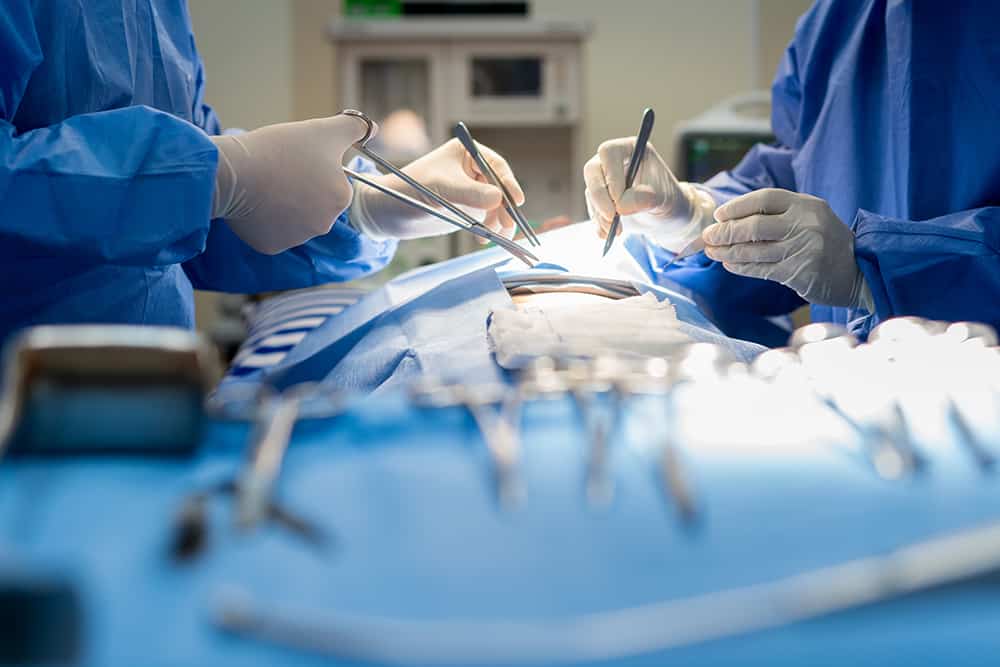A medical device can be anything from a band-aid to an artificial knee. The FDA defines a medical device very broadly. If a product meets the definition of a medical device, the device is subject to the FDA’s regulations and laws. A medical device that is sold in the United States must be safe for its intended purpose. If the medical device is not safe to use for its intended purpose, the device may be defective.
Who is Responsible for a Defective Medical Device?
The party or parties responsible for a defective medical device depend on the defect and the circumstances of the case. In most situations, a medical device is defective in one of three ways:
Defective Design
The product has an inherent design flaw that makes the product dangerous or hazardous to use. Because it is a design flaw, every single item produced with that design will have the same defect.
Manufacturing Defect
A manufacturing defect occurs because of a mistake, error, or intentional wrongdoing during the manufacturing process. Manufacturing defects often occur when a medical device manufacturer changes the product’s design to reduce production costs. For example, the manufacturer may choose materials that are of lesser quality than the design requires, which makes the product subject to malfunction.
Some manufacturers lack effective quality control standards to ensure that the products produced meet or exceed the basic standards for the product. In some cases, a mistake in the manufacturing process could cause a product to have a defect.
Failure to Warn
Manufacturers have a duty to warn consumers when there are risks associated with the use of a medical device. The manufacturer also has a duty to provide adequate instructions for the use of the product.
Investigating Claims Related to Defective Medical Devices
If a defective medical device causes injury or harm to a patient, the product designer, manufacturer, distributor, seller, and other parties could be liable for the damages caused by the defective medical device. Identifying the liable parties requires identifying how the product is defective.
Our lawyers have extensive experience investigating claims related to defective medical devices. Our law firm has the resources and the network of experts necessary to determine how a medical device is defective and who is responsible for the defect.
We currently handle claims related to a variety of medical devices. We currently are litigating cases involving:
- 3D Max Hernia Mesh
- Allergan BIOCELL® Textured Breast Implant
- Atrium C-Qur Mesh
- Bard IVC Filter Complications
- Ethicon Physiomesh
- DePuy ASR Hip Replacement Systems
- DePuy Pinnacle Hip Replacement Systems
- Paragard IUD Birth Control Device
- Sepramesh Hernia Mesh
If a defective medical device has injured you, you may be entitled to compensation for your injuries, financial losses, and other damages. Individuals may receive compensation for their:
- Medical expenses and treatment
- Personal care costs and in-home health care
- Loss of income, benefits, and earning potential
- Physical pain and suffering
- Emotional distress and mental anguish
- Loss of quality of or enjoyment of life
- Scarring, disfigurement, and permanent disability
If a family member died because of a defective medical device, the family members might recover compensation by filing a wrongful death lawsuit against the parties responsible for the defective medical device.
Get Help From a New Orleans Product Liability Attorney
Contact Attorney Fred Olinde of The Olinde Firm to discuss your options for seeking compensation for a defective medical device injury. Call (504) 587-1440 or 1-800-587-1889 to schedule a free consultation with one of our Louisiana product liability lawyers.

